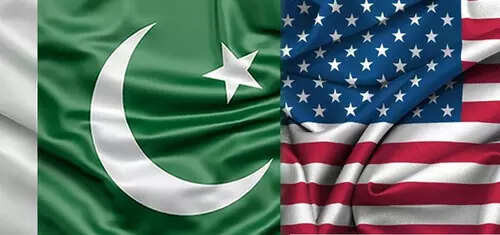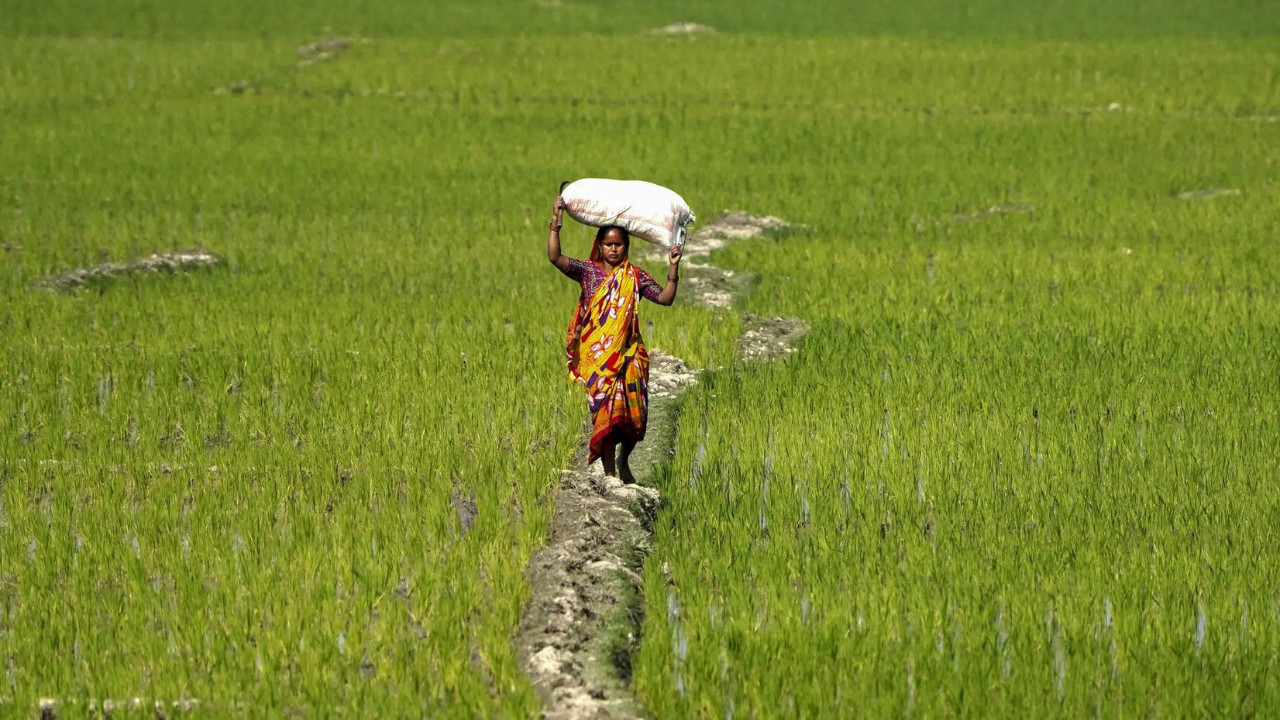US Strategic Metals has signed a $500 million investment deal with Pakistan to develop its mineral sector, focusing on critical minerals. This agreement, along with another with Mota-Engil Group, aims to boost mineral processing and large-scale mining projects in Pakistan. The US embassy hailed the deal as a sign of strengthened US-Pakistan relations.
Pakistan’s Untapped Potential: A New Chapter in Critical Mineral Exploration
For years, Pakistan’s vast mineral resources have remained largely under wraps, a secret treasure trove whispered about but rarely explored to its full potential. That might be about to change. A recent agreement signals a significant shift, potentially catapulting the nation into a more prominent position in the global race for critical minerals.
A US-based company has inked a substantial $500 million deal with Pakistan, setting the stage for extensive exploration and development of a range of valuable resources. This isn’t just about digging in the ground; it’s about unlocking economic opportunities, fostering technological advancement, and strengthening international partnerships.
What’s on the Table? More Than Just Gold
The deal focuses on far more than just the precious glint of gold. While the allure of gold is undeniable, the agreement casts a wider net, targeting antimony, rare earth elements, and other strategically important materials. Antimony, a metalloid, plays a crucial role in flame retardants and alloys. Rare earth elements, a group of 17 metals, are indispensable in everything from smartphones to electric vehicles and wind turbines. This diversified approach to critical mineral exploration speaks to a long-term vision, acknowledging the interconnectedness of modern industries and the growing demand for these essential components.
The specific locations and geological details of the exploration sites remain somewhat under wraps, but the commitment from a US firm suggests promising initial findings and a belief in the geological potential of the region. This investment could stimulate further exploration, attracting other international players and fostering a competitive, dynamic mining sector in Pakistan.
Why Now? The Global Scramble for Critical Minerals
The timing of this deal is particularly noteworthy. The global demand for critical minerals is soaring, driven by the accelerating transition to renewable energy and the proliferation of electronic devices. Nations are scrambling to secure reliable supply chains, recognizing the strategic importance of these resources for economic competitiveness and national security.

This agreement positions Pakistan as a potential player in this evolving landscape. By developing its mineral resources, the country could not only generate significant revenue but also attract foreign investment, create jobs, and enhance its technological capabilities. It’s a chance to move up the value chain, fostering domestic processing and manufacturing industries rather than simply exporting raw materials.
The Road Ahead: Challenges and Opportunities
Of course, realizing this potential will not be without its challenges. Mining projects are complex undertakings, requiring careful environmental management, community engagement, and transparent governance. Pakistan will need to ensure that environmental regulations are robust and effectively enforced, minimizing the impact of mining activities on ecosystems and local communities. Furthermore, building trust and fostering collaboration with local stakeholders will be crucial for ensuring the long-term sustainability of these projects.
Transparent revenue management and the equitable distribution of benefits are also vital. The profits generated from critical mineral extraction should be reinvested in infrastructure development, education, and healthcare, benefiting the entire nation and ensuring that the wealth generated translates into tangible improvements in people’s lives. This deal can set a precedent, establishing a framework for responsible and sustainable mineral development that benefits both the investors and the people of Pakistan.
This agreement represents a significant opportunity for Pakistan to unlock its economic potential and contribute to the global supply of critical minerals. If managed responsibly and sustainably, it could usher in a new era of economic growth and technological advancement. Success hinges on strong governance, environmental stewardship, and a commitment to inclusive development. It’s time to watch closely as Pakistan embarks on this exciting journey. For more related content, explore other articles on sustainable development initiatives.
Conclusion: The $500 million deal between a US firm and Pakistan to explore critical minerals signals a potentially transformative moment for the country’s economy. Capitalizing on this opportunity requires responsible development practices, robust environmental protections, and transparent governance to ensure sustainable and inclusive growth that benefits all stakeholders. The global demand for these resources positions Pakistan to become a key player in the evolving technological landscape.







